Automation push "key to business recovery" post-coronavirus
Forrester encourages businesses to automate to survive the impending recession


When businesses embark on their recovery from the economic downturn as a result of COVID-19, they should lean on technologies such as industrial robots and robotic process automation (RPA).
Ramping up investment in artificial intelligence (AI) and automation will naturally follow any global recession sparked by the pandemic, according to a report by the analyst house Forrester, given the huge cost of keeping people in work.
It’s crucial, therefore, that organisations bear in mind the human cost of these crucial technological investments, and seek to mitigate the negative effects on the workforce.
This will be particularly challenging with automation now an imperative as far as the boardroom is concerned, with CEOs demanding their business leaders strategically focus on risk mitigation and recovery.
“As companies have recovered their revenues and reopened their supply chains, they have increasingly invested not on rehiring the workforce but on automation and on reducing their dependence on manpower,” said principal analyst with Forrester and author of the report, Leslie Joseph.
“We do not expect the aftermath of this recession to be different. What’s changed, however, is the enterprise coverage and strategic value of automation technologies.”
Global shocks are often followed by jobless recoveries, based on historical data, with unemployment surging and generally taking many months to recover to normal levels. In many cases, such changes are permanent, with the UK, for example, shedding 25% of supermarket assistant jobs due to automation between 2011 and 2017 following the global financial crisis.
Get the ITPro daily newsletter
Sign up today and you will receive a free copy of our Future Focus 2025 report - the leading guidance on AI, cybersecurity and other IT challenges as per 700+ senior executives
The COVID-19 crisis has added urgency to the trend of investing in technologies that fuel a vision for ‘the future of work’, Joseph added, with automation now seen as a tool for risk mitigation and business resiliency.
Job polarisation will accelerate as a result, however, with those at the highest risk of being lost to automation being routine roles with a cognitive aspect, including sales, administration and support roles.
Increased spending on research and development, as well as the implementation of technology such as drone-based delivery and AI-controlled service robots, will put yet further pressure on the recovery of ‘manual’ jobs.
RELATED RESOURCE
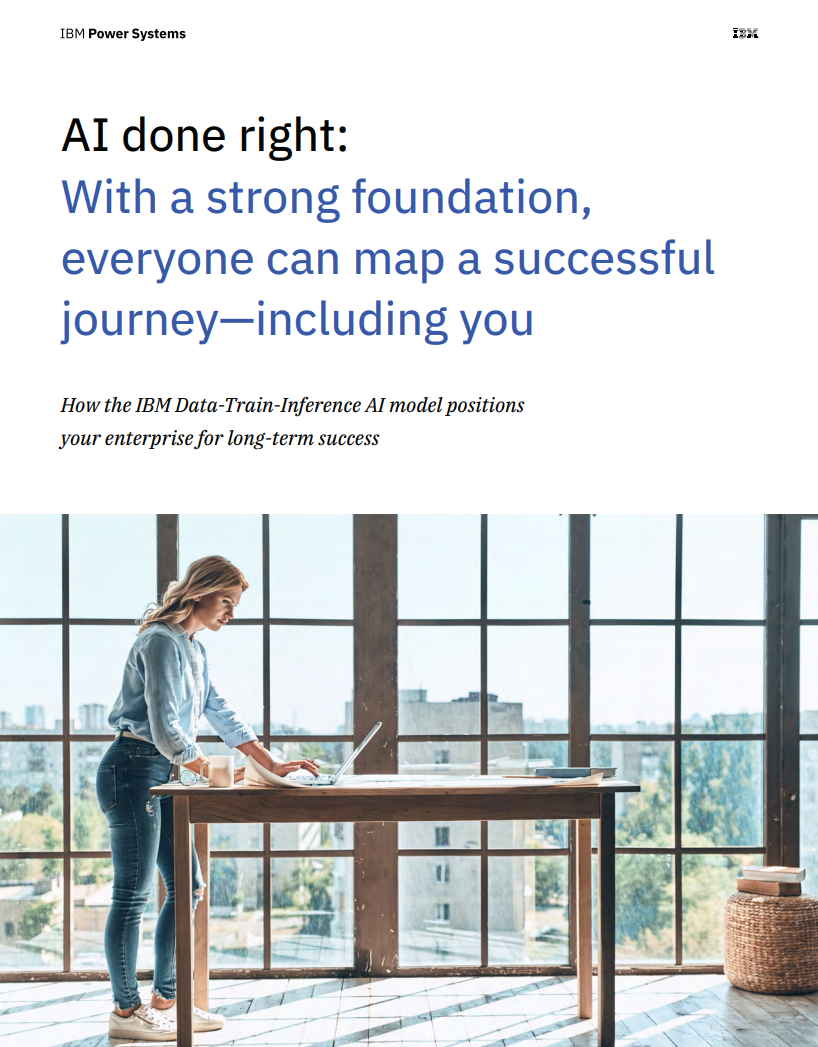
Building a strong foundation for AI
How a Data-Train-Inference AI model positions your enterprise for long-term success
Forrester has recommended that businesses do all they can to survive the economic storm. The measures include improving crisis response protocols, working with suppliers and partners to manage the business impact, explore new sales channels and embrace digital intelligence channels.
Organisations must also respect and retest their older automation plans, which have most likely changed as a result of the pandemic. Localised investments in technologies like chatbots or RPA should be assessed, with evaluations made based on the broader impact of revenue, cost and risk in these changed circumstances.
Crucially, however, to avoid negative effects on businesses as well as the workforce, companies should avoid automating for its own sake and instead do so in a measured way bearing “empathy” in mind.

Keumars Afifi-Sabet is a writer and editor that specialises in public sector, cyber security, and cloud computing. He first joined ITPro as a staff writer in April 2018 and eventually became its Features Editor. Although a regular contributor to other tech sites in the past, these days you will find Keumars on LiveScience, where he runs its Technology section.
-
 Bigger salaries, more burnout: Is the CISO role in crisis?
Bigger salaries, more burnout: Is the CISO role in crisis?In-depth CISOs are more stressed than ever before – but why is this and what can be done?
By Kate O'Flaherty Published
-
 Cheap cyber crime kits can be bought on the dark web for less than $25
Cheap cyber crime kits can be bought on the dark web for less than $25News Research from NordVPN shows phishing kits are now widely available on the dark web and via messaging apps like Telegram, and are often selling for less than $25.
By Emma Woollacott Published
-
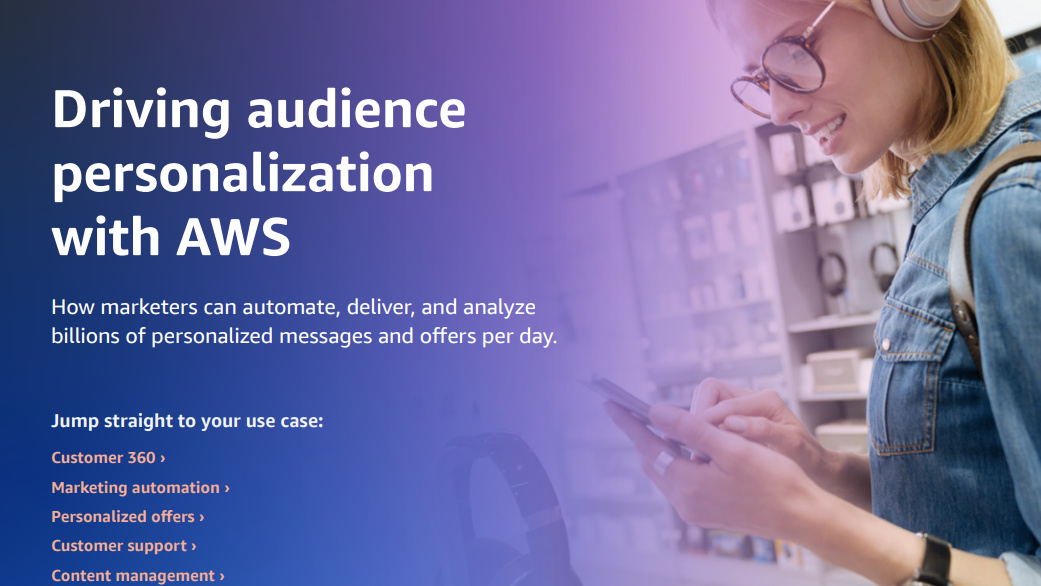 Automate personalization with AWS
Automate personalization with AWSWhitepaper How marketers can automate, deliver, and analyze billions of personalized messages and offers per day
By ITPro Published
-
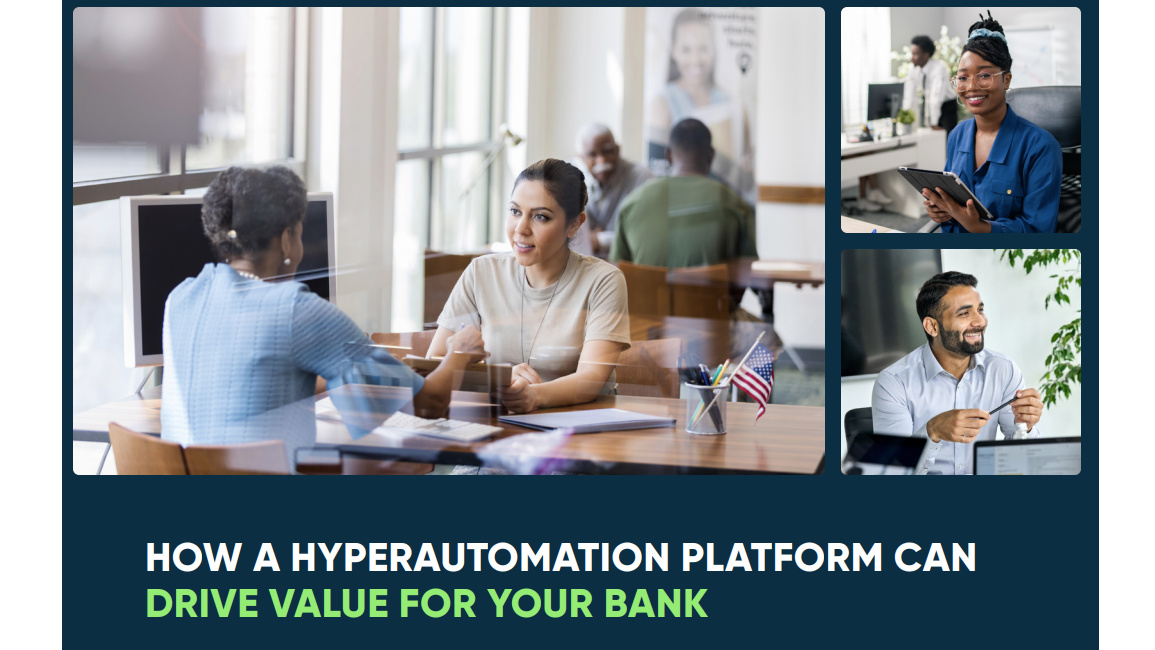 How a hyper-automation platform can drive value for your bank
How a hyper-automation platform can drive value for your bankWhitepaper Five ways automated processes can drive revenue and growth
By ITPro Published
-
 Appian wants to be the AI company for AI skeptics
Appian wants to be the AI company for AI skepticsAnalysis The firm outlines its AI strategy at Appian World 2023 while using ChatGPT and Midjourney to create scripts and imagery for keynote presentations
By Rory Bathgate Published
-
 UK tech profit warnings at highest level since pandemic
UK tech profit warnings at highest level since pandemicNews Sector uncertainty has continued to dampen profits, with the percentage of firms delisting also having risen
By Rory Bathgate Published
-
 Workday hit with claims its AI hiring systems are discriminatory
Workday hit with claims its AI hiring systems are discriminatoryNews An African American plaintiff has alleged that Workday's systems prevented him from being hired on the basis of his race, age, and mental health
By Rory Bathgate Published
-
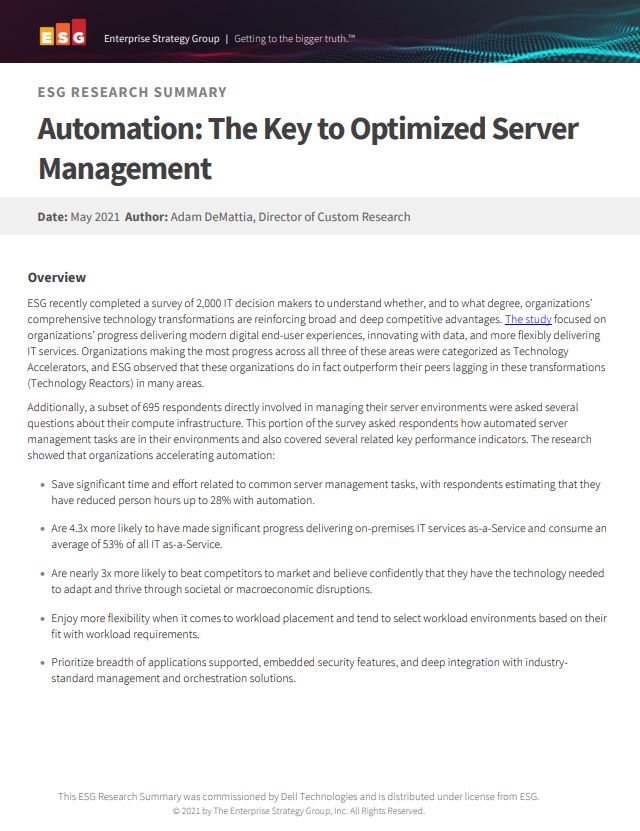 Automation: The key to optimised server management
Automation: The key to optimised server managementWhitepaper Deliver modern digital end-user experiences, innovate with data, and more flexibly deliver IT services
By ITPro Published
-
 Drive digital transformation with IBM process mining
Drive digital transformation with IBM process miningWhitepaper A process discovery, analysis and monitoring technique to help businesses succeed throughout the entire DX journey
By ITPro Published
-
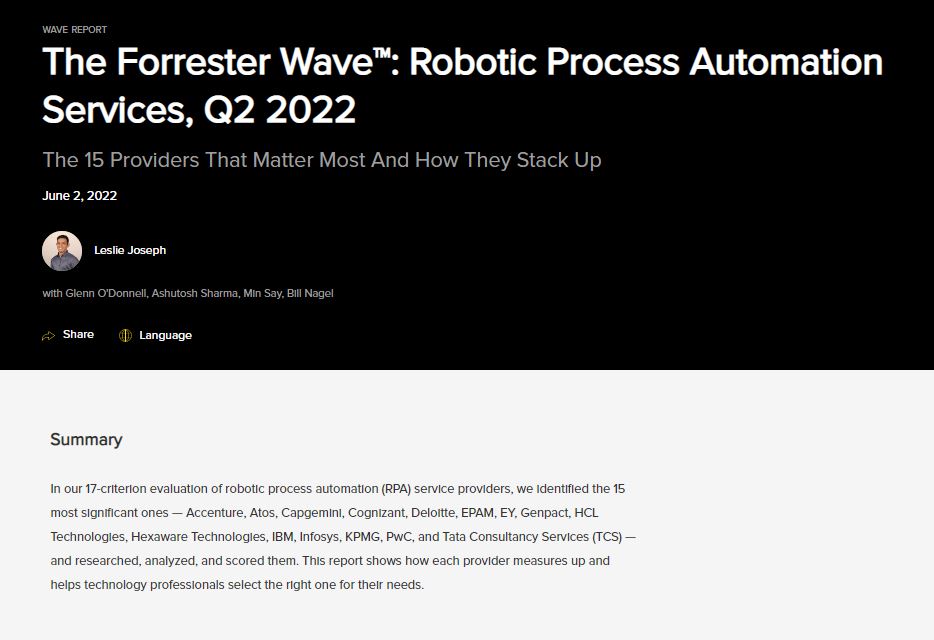 The Forrester Wave™: Robotic Process Automation Services
The Forrester Wave™: Robotic Process Automation ServicesWhitepaper The 15 providers that matter most and how they stack up
By ITPro Published